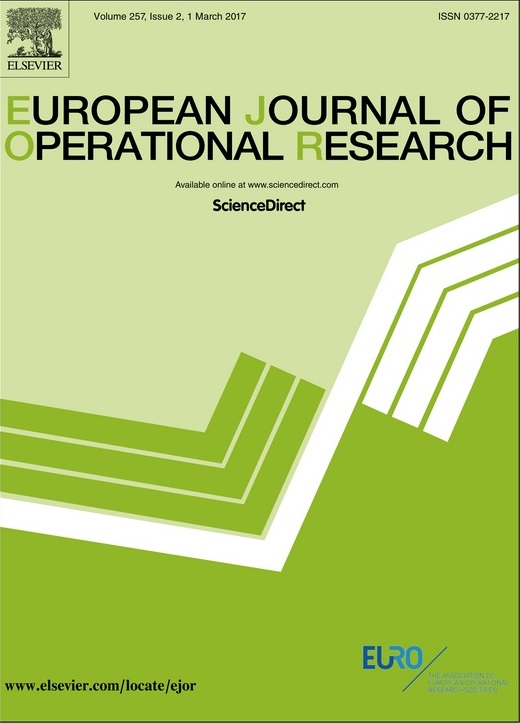Special Issue: Negotiation Processes
Guest Editors: D. Marc Kilgour, Rudolf Vetschera
- Deadline for submission: October 1, 2017
Motivation
The study of negotiations involves a particular approach to decision processes and decision making that was aptly labeled a "dual prescriptive-descriptive" perspective by Raiffa in his seminal book on negotiations. On the one hand, supporting a negotiator requires a prescriptive perspective that aims at optimality. On the other hand, negotiations involve human interaction, so behavioral phenomena such as biases that the opponent might exhibit are crucial, even for negotiators who themselves aim for rational behavior. The prescriptive-descriptive perspective is also important if the goal is not to support one side in a negotiation, but to mediate as a neutral party, helping the negotiators achieve a “reasonable” outcome. Obviously, what constitutes a fair or equitable outcome in a negotiation is a normative question, but why parties are frequently unable to reach a fair, efficient, and therefore normatively desirable outcome is a question that has many behavioral aspects.
Studying negotiations requires a process perspective. A negotiation cannot be modeled by a one-shot game; it involves a sequence of decisions about offers and counter-offers made by both sides, including how to apply various negotiation tactics and whether and when to invoke the option to terminate the negotiation. The decision to agree can be understood only in the context of the parties’ interactions throughout this process.
The goal of the Feature Issue is to collect papers that focus on a process view of negotiation. Given the dual prescriptive-descriptive nature of negotiation research, we are interested not only in formal models of negotiation processes but also empirical insights into actual negotiation processes. Papers that integrate a prescriptive with an empirical perspective are particularly welcome. The prescriptive perspective – finding a particular negotiator’s best tactics and strategy -- can include analytical models of negotiation processes as well as methods and systems to jointly support negotiators in their decision making. Empirical results can be based on controlled experiments or field observations of actual negotiations.
Contents
The Feature Issue aims to collect state-of the art original research on negotiation processes along the lines outlined above. We are hoping that new methods to support negotiations will be proposed, and that the effectiveness of negotiation support will be studied empirically. Theoretical or empirical studies of the effects of behavioral phenomena and biases are also within our scope.
Schedule
Prospective authors are invited to contact the guest editors with an extended abstract of a proposed paper via e-mail (mkilgour@wlu.ca, rudolf.vetschera@univie.ac.at) before submitting the full paper. Submission of full papers is via the EJDP electronic submission system (https://www.editorialmanager.com/ejdp), selecting article type SI: Negotiation.
| October 1, 2017 | extended abstracts |
| November 15, 2017 | submission of full papers |
| March 1, 2018 | notification (1st round) |
| April 1, 2018 | revision due |
| June 2018 | publication of feature issue |

This work is licensed under a Creative Commons Attribution-ShareAlike 3.0 International License and the GNU Free Documentation License (unversioned, with no invariant sections, front-cover texts, or back-cover texts).



